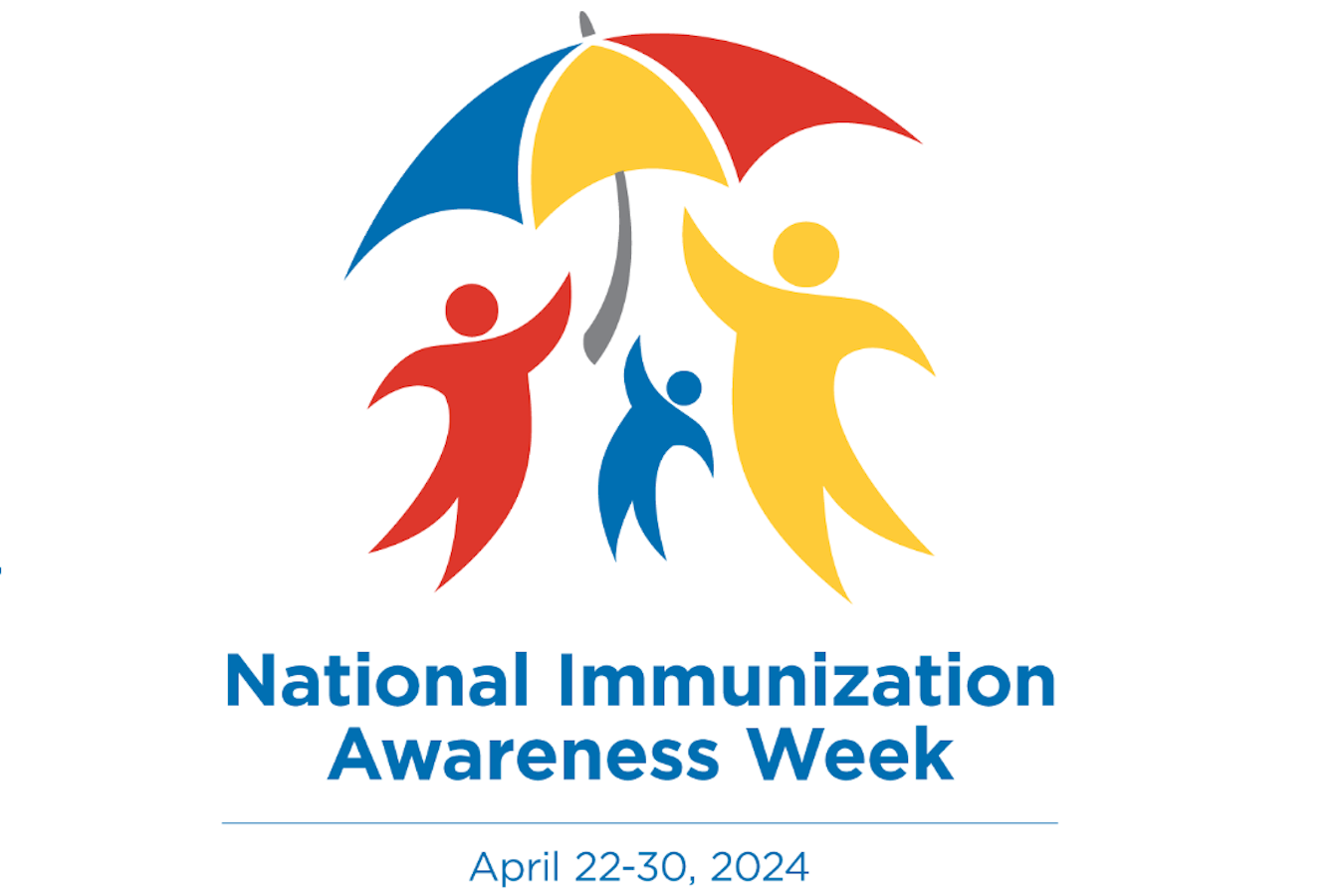

When to Bring Your Child to Emergency Room
December 22, 2022 | Canada
Emergency departments can be busy and sometimes, to avoid long unnecessary waits, your child’s illness could best be treated at a doctor's office, a walk-in clinic or an urgent primary care centre.
Here are some examples to help decide if your child needs emergency care.
Emergency | Not an Emergency |
Breathing Problems:
| Breathing Problems:
|
Fever:
| Fever:
|
Vomiting or diarhrhea:
| Vomiting or diarhrhea:
|
Injuries:
| Injuries:
|
Rashes:
| Rashes:
|
Poisoning:
| Poisoning:
|
Click here to see the above information organized in a table that you can print.
Source: BC Children's Hospital










